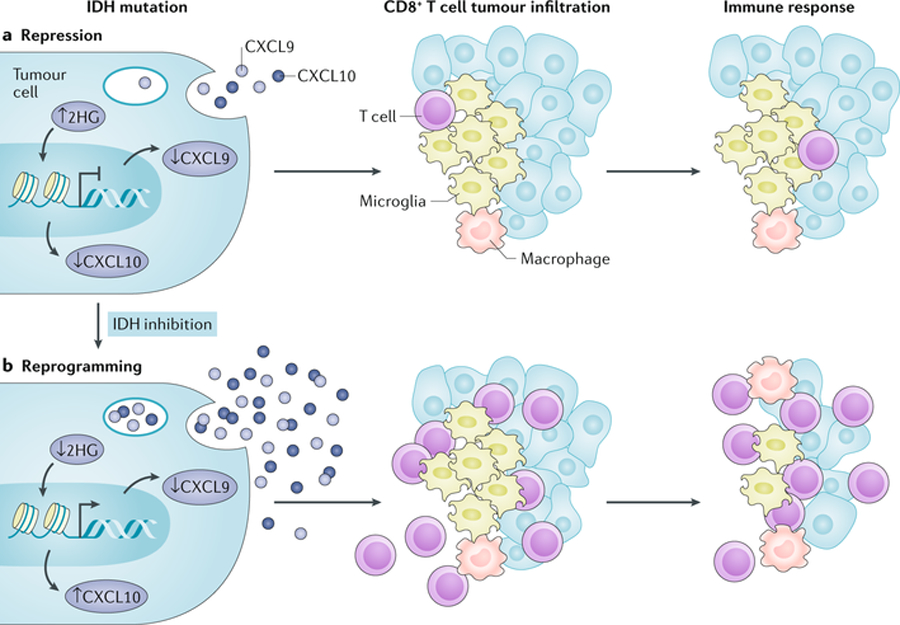Fig. 3. Epigenetic events play a key role in modulating immune responses to brain tumours.

a | Isocitrate dehydrogenase 1 (IDH1) mutations in glioma can cause down-regulation of leukocyte chemotaxis, resulting in repression of the tumour-associated immune system. An IDH mutation results in the generation of the oncometabolite 2-hydroxyglutarate (2HG; via conversion from α-ketoglutarate), which in turn represses signal transducer and activator of transcription 1 (STAT1) expression, leading to reduced expression of interferon-γ (IFNγ)-inducible chemokines, including CXC chemokine ligand 9 (CXCL9) and CXCL10. As a consequence, IDH-mutated tumours suppress the infiltration and accumulation of T cells at tumour sites. b | In mice bearing IDH-mutated glioma, these effects can be reversed through pharmacological inhibition with IDH-C35, a specific inhibitor of mutant IDH. Adapted from ref.[228], Springer Nature Limited.
